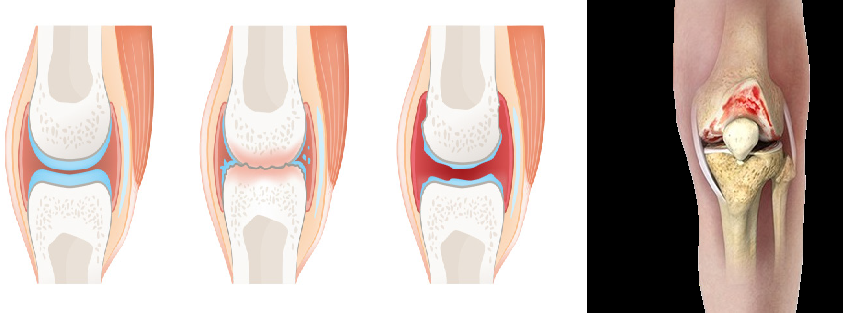
Prevention, early signs, and treatment to combat nagging joint pain
NT Bengaluru: Arthritis, a common joint condition, affects millions of people worldwide, and the need for awareness about prevention, early symptoms, and treatment has never been more crucial. The observance of World Arthritis Day is intended to raise awareness about arthritis and related conditions. It emphasizes the importance of early diagnosis, effective treatment, and support for those affected. By promoting education and understanding, this day aims to improve the quality of life for millions worldwide living with arthritis. The rise in osteoarthritis cases primarily affects individuals aged 30 and older, with significant prevalence observed in older a g e groups.
Specifically, it has been noted that nearly 15% of individuals over the age of 30 experience osteoarthritis, and this rate increases with age, particularly in those aged 70 and above. The study also highlights that women are disproportionately affected, comprising about 61% of the total osteoarthritis cases. While speaking to News Trail Dr. Rajesh Srinivas, Consultant Orthopaedic Surgeon at Manipal Hospital, highlighted that arthritis comes in several forms, with osteoarthritis being the most prevalent type. However, younger patients are increasingly affected by rheumatoid arthritis and ankylosing spondylitis. Osteoarthritis (OA) is the most widespread form of arthritis, typically linked to aging and lifestyle. OA primarily affects the knees and is characterized by the breakdown of cartilage, leading to pain, stiffness, and decreased joint mobility. The condition is often seen in older adults, but with sedentary lifestyles and weight gain, younger people are also becoming susceptible.
In contrast, Rheumatoid Arthritis (RA) is an autoimmune disorder more commonly seen in younger individuals. RA involves the immune system attacking healthy joint tissues, leading to inflammation, pain, and swelling in the joints. Similarly, Ankylosing Spondylitis (AS), which affects the spine, can result in significant discomfort and stiffness, especially in young adults.“Arthritis is not always preventable, especially the types that are genetically driven,” explains the surgeon. He notes that about 12-15% of arthritis cases are hereditary, and while these cannot be entirely prevented, their progression can be managed.
However, lifestyle-related arthritis, such as osteoarthritis, is often preventable through proper care. A sedentary lifestyle, weight gain, and lack of exercise are major contributors to arthritis, particularly knee osteoarthritis, he added.
 English daily published in Bengaluru & Doha
English daily published in Bengaluru & Doha






